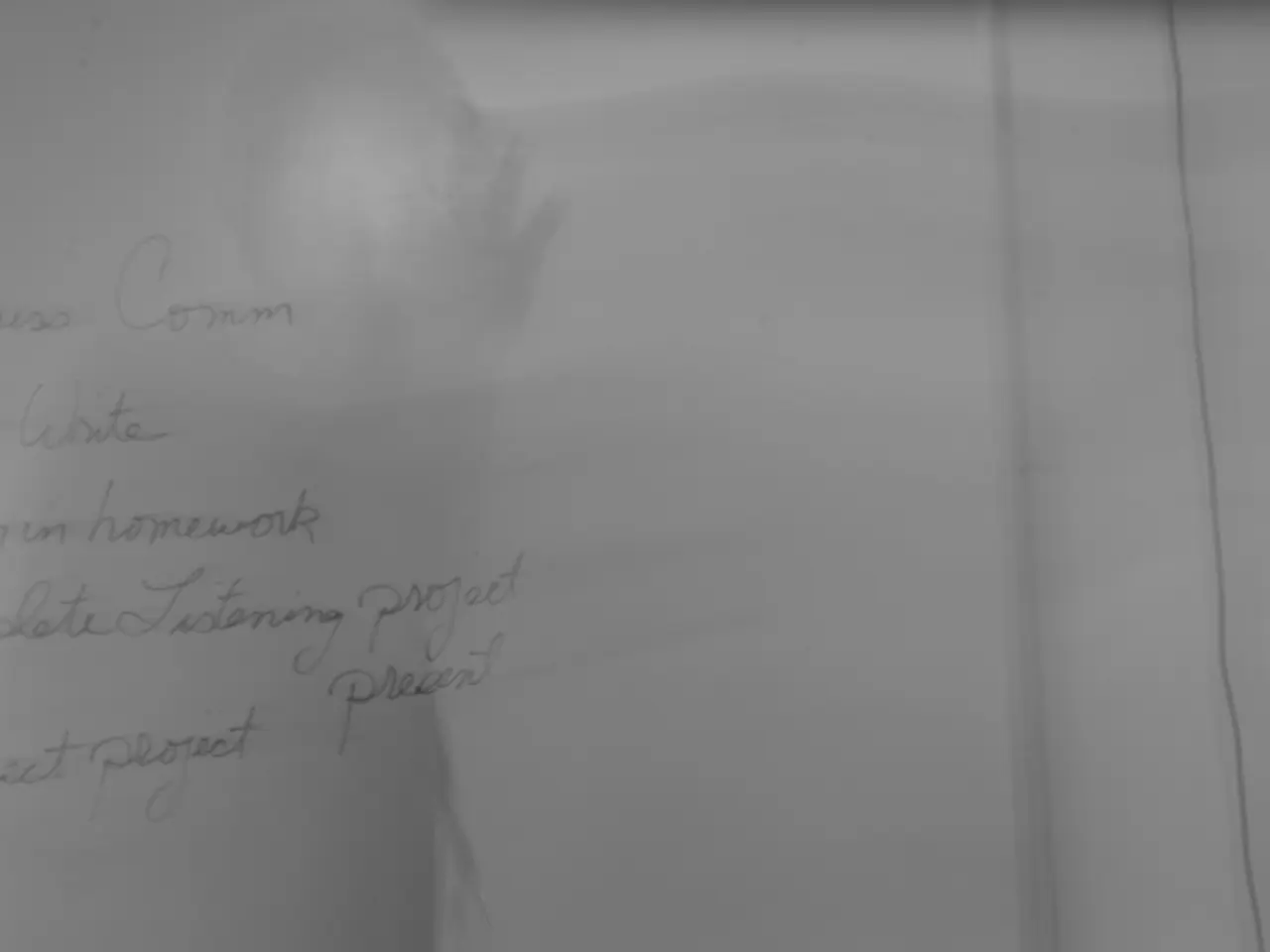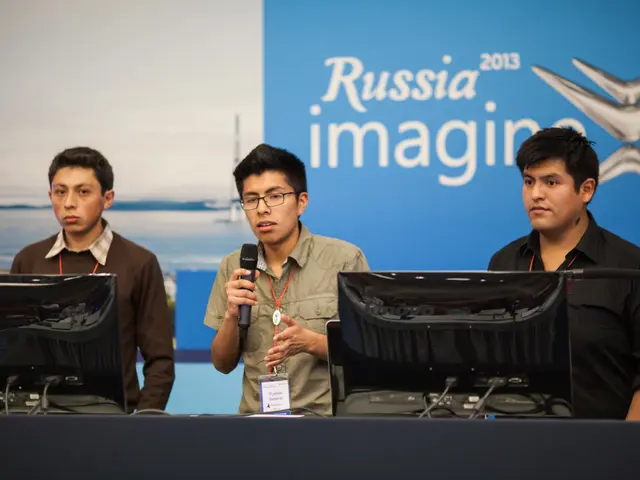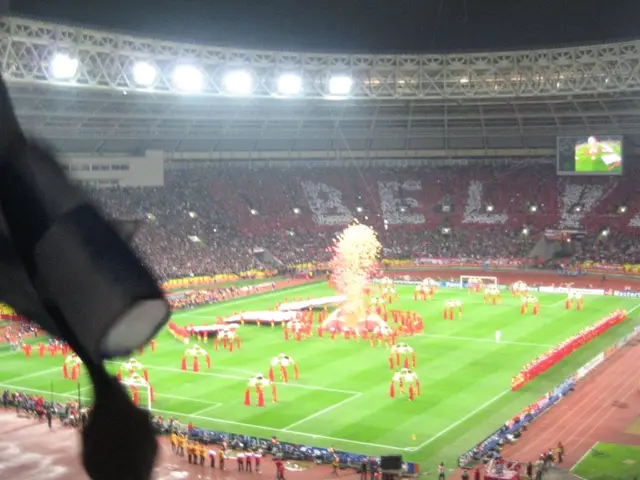Uncertainty surrounds Taiwan's political identity
Eighty years have passed since the end of World War II, yet the question of Taiwan's sovereignty remains unresolved. This year, as we commemorate the anniversary, the issue has once again come to the forefront, with claims and counterclaims being made by both China and Taiwan.
The Chinese Nationalist Party (KMT), currently in power in Taiwan, has found itself embroiled in a heated debate over the interpretation of history. Recently, the KMT has allowed the People's Republic of China (PRC) to rewrite its own history of resistance, a move that appears to be a departure from its previous stance.
The PRC was not invited to sign the Treaty of San Francisco, a significant document in the post-World War II settlement, due to legitimacy disputes. The treaty, signed in 1951 by Japan and 48 Allied nations, states that Japan renounces all right, title, and claim to Formosa (Taiwan) and the Pescadores, but does not specify where those rights were transferred to.
The American Institute in Taiwan (AIT) has reiterated that Beijing's line on Taiwan's status is factually baseless. The AIT states that the documents do not determine Taiwan's political status, and the claims made by the PRC are groundless.
In contrast, Chinese Minister of Foreign Affairs Wang Yi claims that the Cairo Declaration and Potsdam Declaration affirm Taiwan was to be 'returned to China.' However, it's important to note that the 1943 Cairo Declaration was a wartime communique between the Republic of China (ROC), the US, and the UK, without the binding power of a treaty.
The Potsdam Declaration, an ultimatum delivered to Japan based on the Cairo blueprint, did not address Taiwanese sovereignty. After the Korean War broke out in 1950, US President Harry Truman sent the Seventh Fleet to protect Taiwan, stating that the future status of Formosa would be determined after the restoration of security in the Pacific, a peace settlement with Japan, or consideration by the United Nations.
The Treaty of Taipei, signed by the ROC and Japan in 1952, marked an end to the war and Japanese renunciation of Taiwan, Penghu, and the Spratly and Paracel islands. However, the treaty does not explicitly state to whom power was transferred.
The status of Taiwan under international law remains undetermined. The KMT's silence on this issue exposes its own internal contradictions and cowardice, as the Taiwanese must be absolutely clear about the distortion of history from Beijing.
Liou Je-wei, a teacher, urges everyone to stand firm in the face of historical revisionism and to strive for a peaceful resolution to this long-standing issue. The quest for truth and justice in the matter of Taiwan's sovereignty continues.
Read also:
- United States tariffs pose a threat to India, necessitating the recruitment of adept negotiators or strategists, similar to those who had influenced Trump's decisions.
- Weekly happenings in the German Federal Parliament (Bundestag)
- Southwest region's most popular posts, accompanied by an inquiry:
- Discussion between Putin and Trump in Alaska could potentially overshadow Ukraine's concerns







